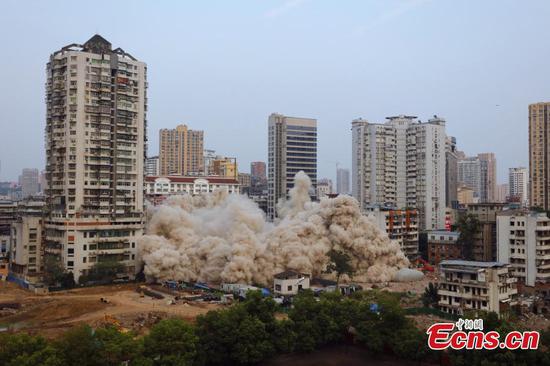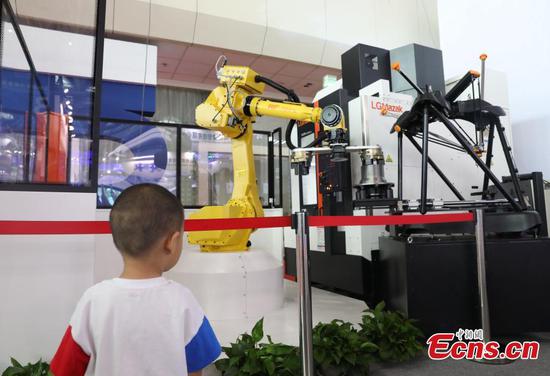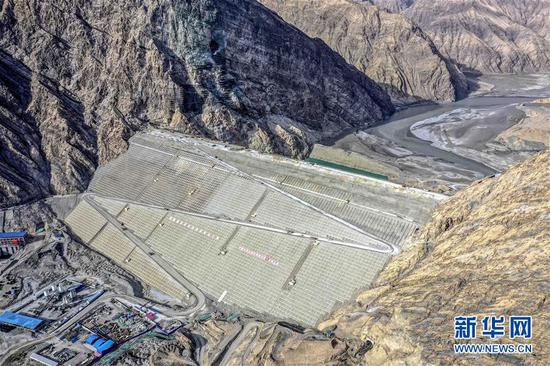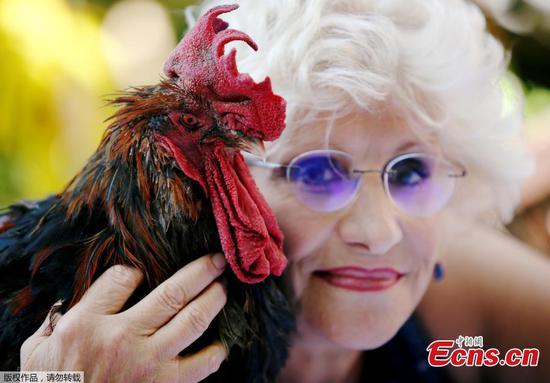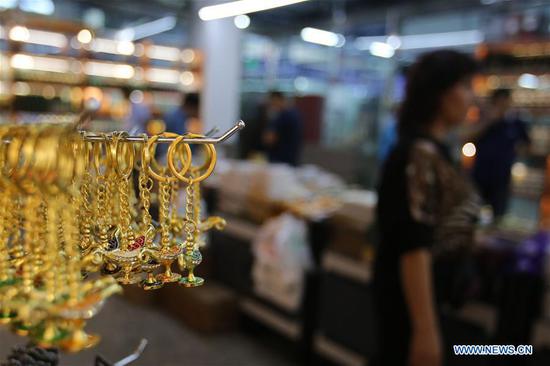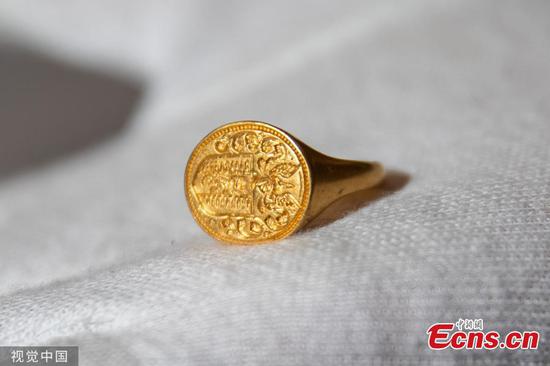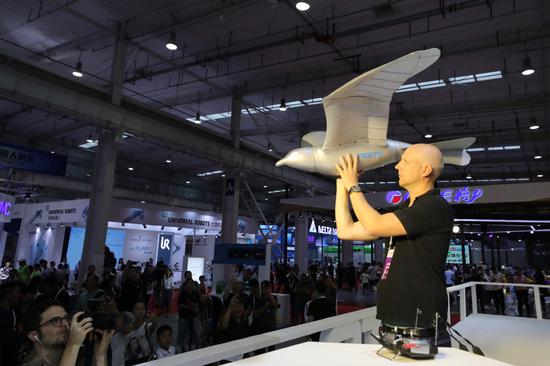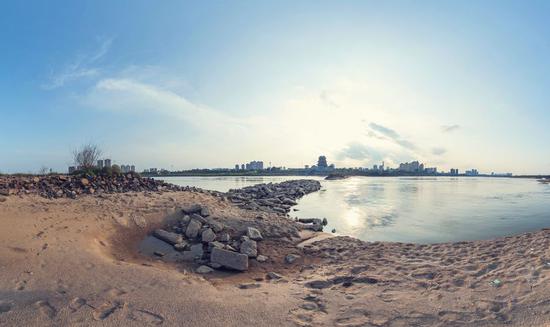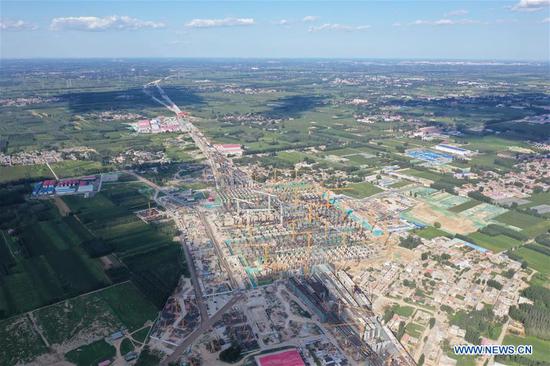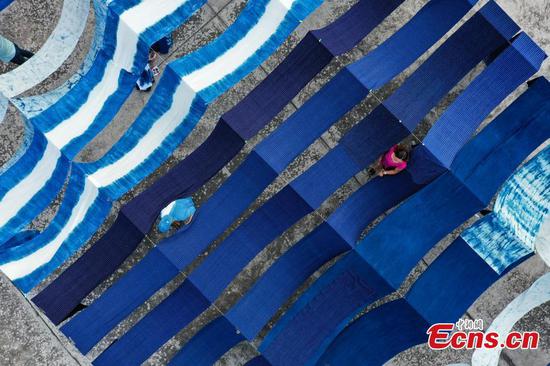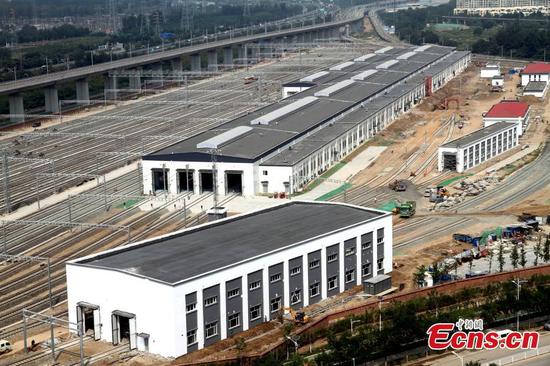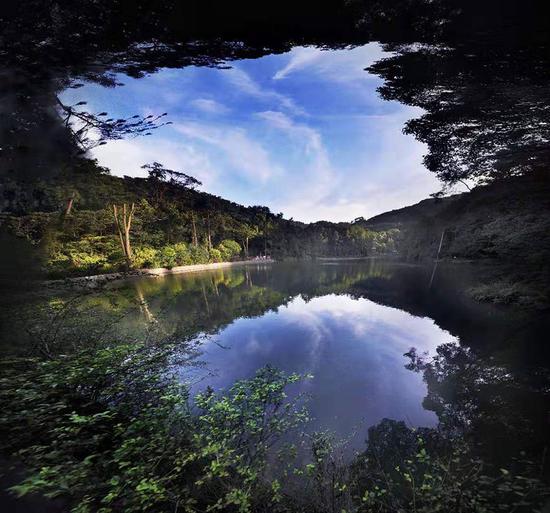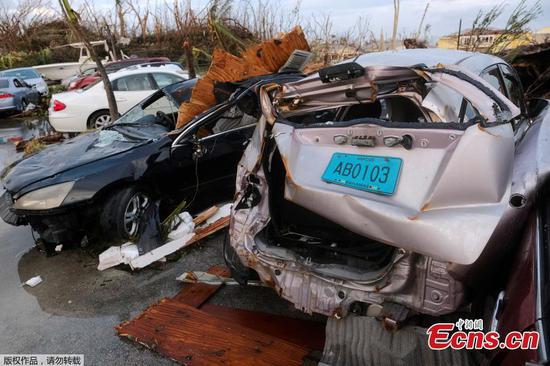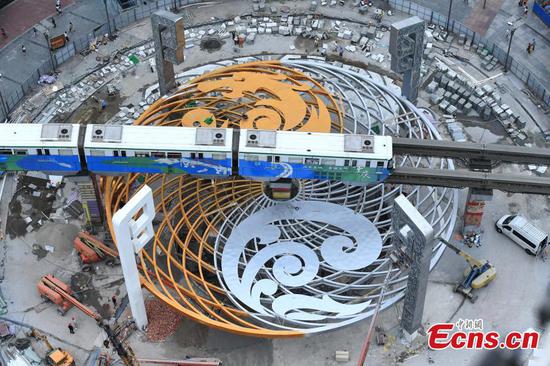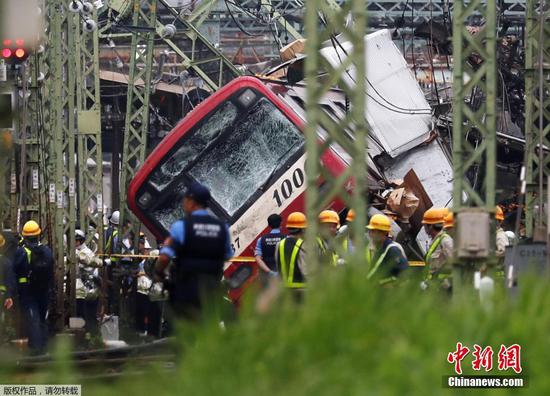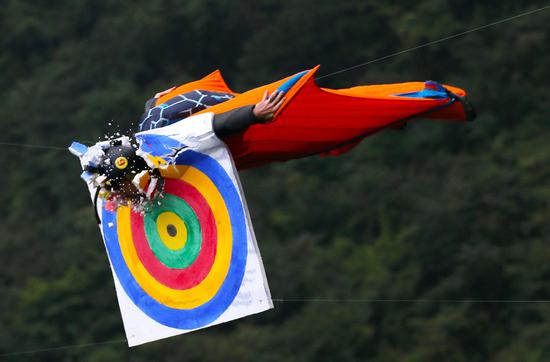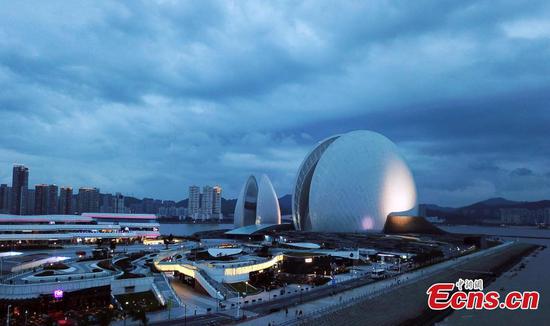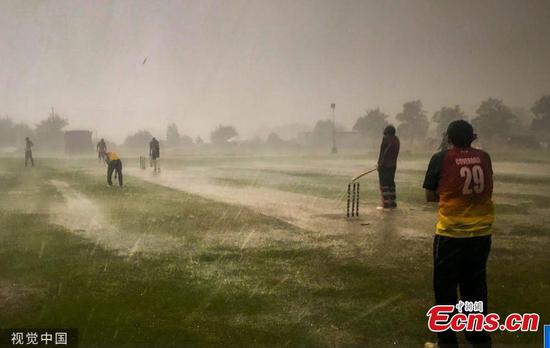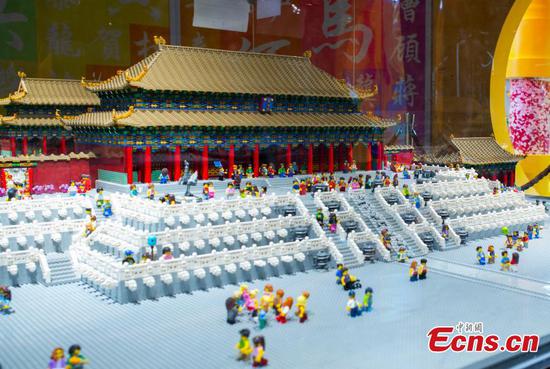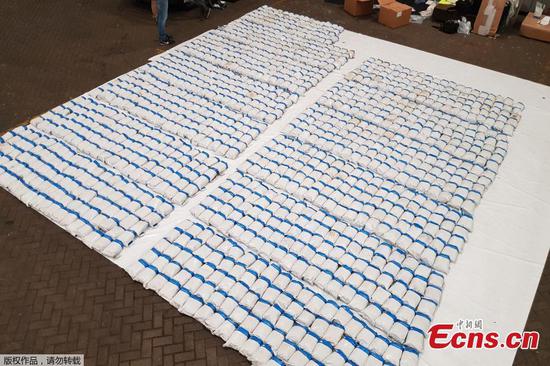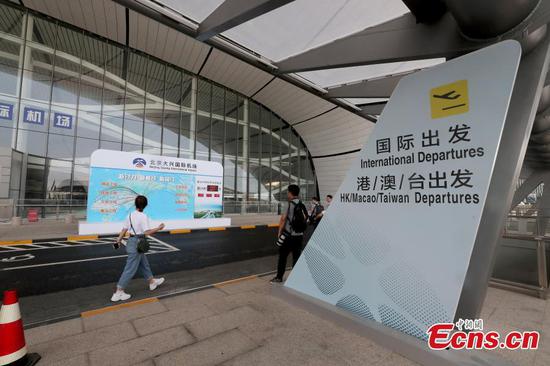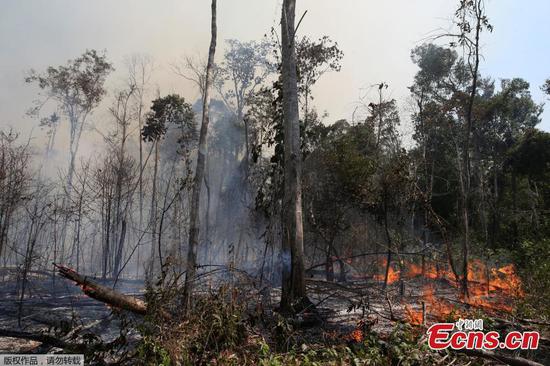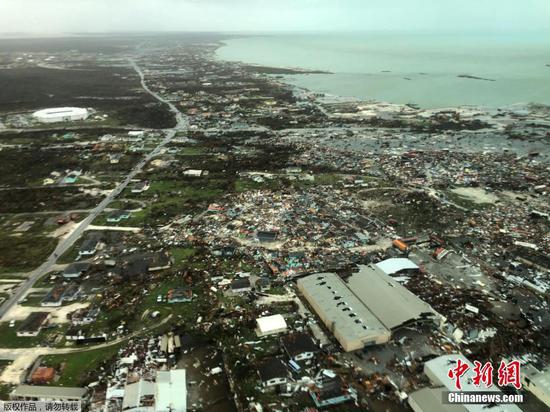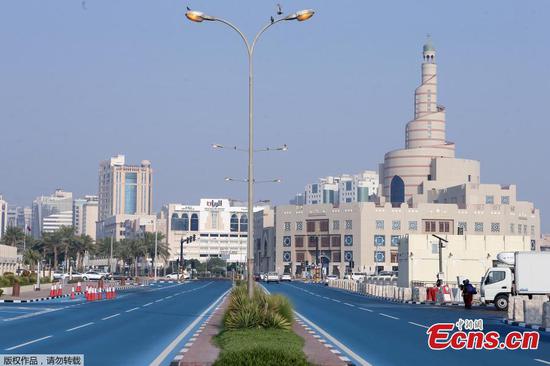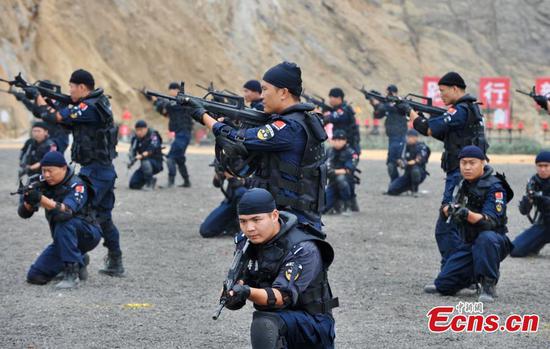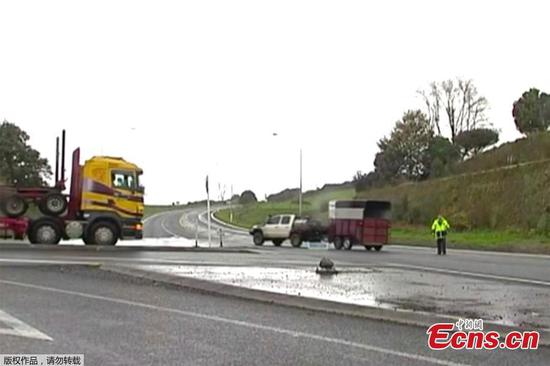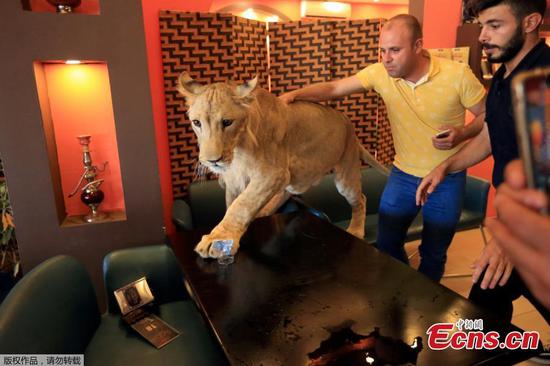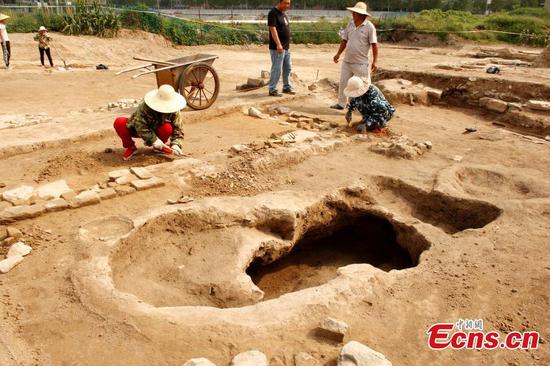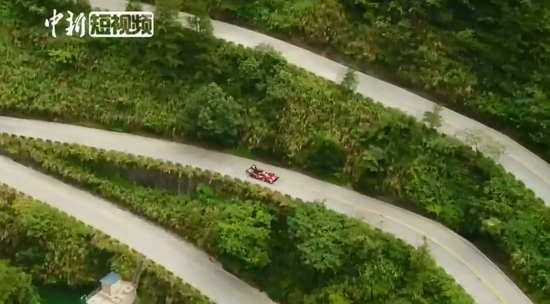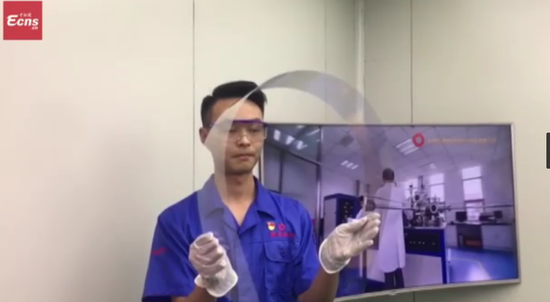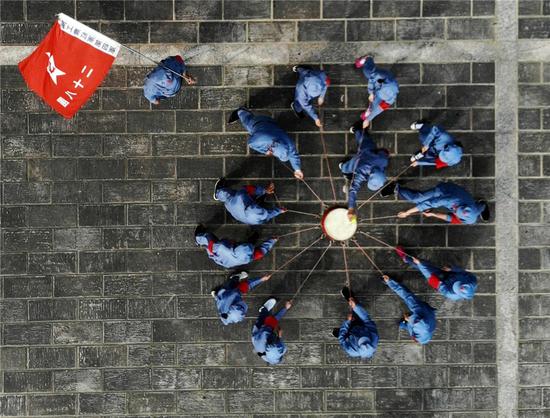
Millions of visitors are flocking to the birthplace of the revolution, creating business opportunities to lift villagers out of poverty.
A dozen "soldiers" tossed fake grenades into the target area, climbed over a wall made of tires and zigzagged nimbly to avoid touching white ropes meant to simulate a "rain of gunfire".
The scene might look like a military drill, but it was a dozen university students reliving a day of the Red Army. The event was part of a summer boot camp they attended to learn the history of the Chinese revolution in its birthplace, Jinggangshan, Jiangxi province.
The city offers a number of experiences to bring alive the difficulties the Red Army faced in the late 1920s.
The students are attracted by so-called "Red Education", and are among more than 10 million tourists who travel to Jinggangshan every year to experience its role in the revolution.
The massive number of visitors and limited amount of accommodations is helping lift the largely rural population out of poverty.
The hotels around the main attractions offer no more than 20,000 beds, which means homestays have huge potential to meet demand, according to Liu Jiguang, Party secretary of Dalong township.
"We have red stories backed by the 5A-level tourist spot (classification), we have green ecology. These are the best conditions to develop rural tourism, so we don't lack customers," he said.
In Bashang village, Xiao Fumin, 66, and his wife are among the beneficiaries of the tourism boom.
The couple, who run a homestay, expect the students in their house after the reenactment is completed. They will be fed a rustic meal stir-fried in a big wok on a wood-fire stove and served in the kitchen. "Students of all grades, from primary school to university, from all over the country come to my house every year," Xiao said. "In 2016, we received more than 800."
Before 2016, Xiao's family struggled financially.
His daughter was diagnosed with the kidney disease uremia in 2013 and the high medical expenses dragged the family into debt. "She took the medicine for a couple of years but we couldn't afford better treatment so she passed away," he said.
In the entrance to Xiao's house, a plate issued by the local government hangs on the main door. It reads: "This family is in difficulty due to their daughter's disease. They have a monthly overdraft and annual extra medical costs of 20,000 yuan ($2,786). Personal wish: they want to buy a gas stove."









